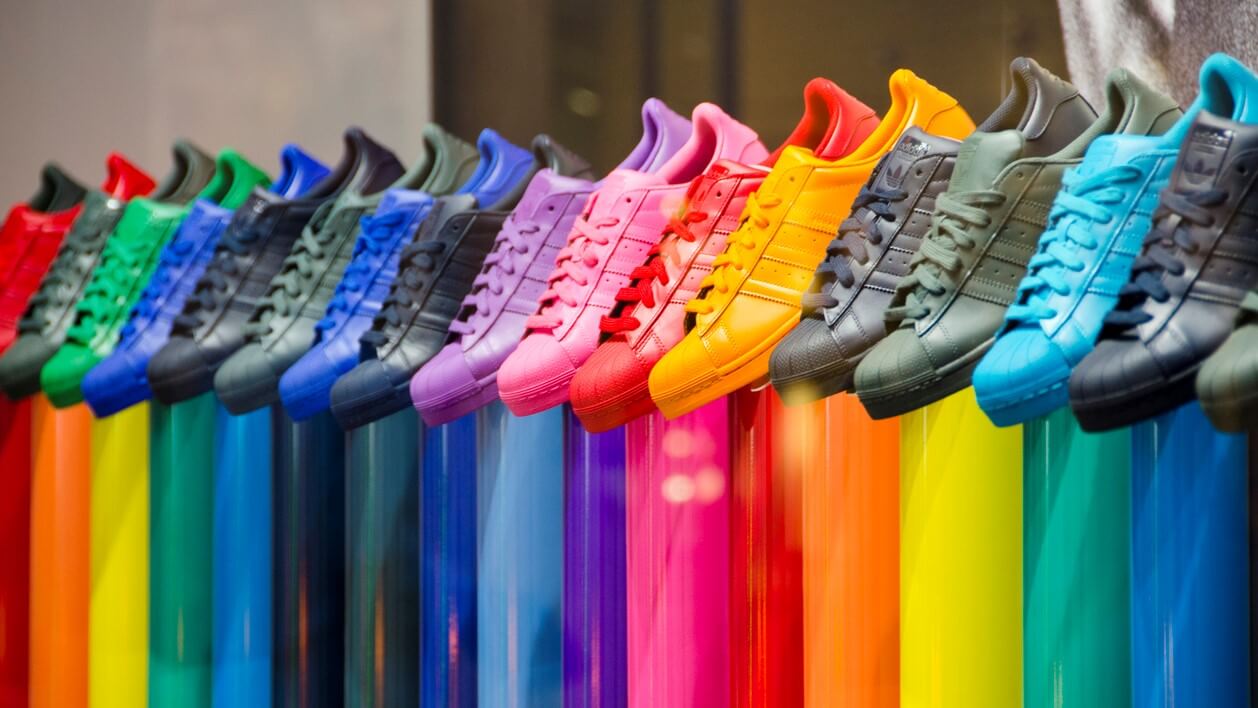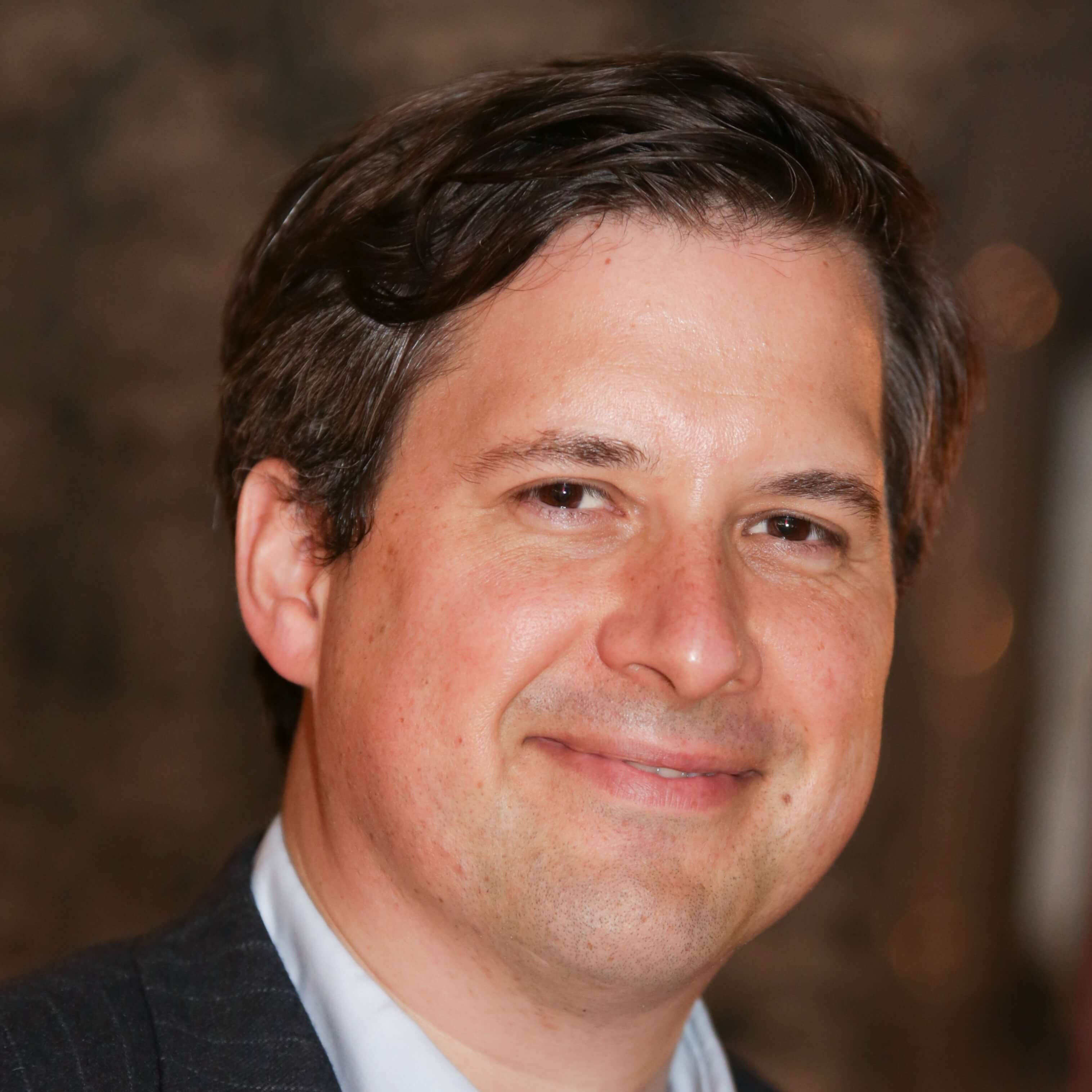The High Art Of Business
Will Gompertz and Alain de Botton discuss the unexpected crossovers between art and enterprise.

What can business learn from art? At first glance, zip. Business is the heavy work of industry and money making; art is the enactment of dreams. Chasing profit is an activity undertaken by greedy vulgarians. True artists subsist in pious poverty. Never the twain shall meet.
Alain de Botton, the renowned author and philosopher, thinks this is a thick-brushed picture to paint. What’s more, it detracts from an opportunity to progress. The ideal scenario, he says, is to take the best bits from both worlds and mix them together to solve some of humankind’s biggest issues.
“It’s the classic scenario,” he explains. “The artist is lost in the highest thought and the industrialist is working out how to shift cement from a to b. The artist thinks the industrialist is crude and vulgar; the industrialist thinks the artist is lost in space with no understanding of money.
“This is very unhelpful to both sides. The world that we want to get to is one where the energies, logistical rigour and systematising ambitions of business are brought to bear on some of the higher pursuits of human happiness and the major themes of life.
“What I'm calling art is really the values that underpin it. It's not one picture or a statue, but really what’s behind works of art. Art is really focused on – on the whole – higher levels of flourishing. Higher levels of understanding.
“It is about happiness, broadly, and unhappiness, about the big themes of life. It's often the case that business has seen itself as incapable of approaching these issues.”
But Mr de Botton sees a change coming. Businesses capable of addressing the problem of basic unhappiness are not here yet, but the building blocks are falling into place.
He points to Facebook, which has made a start at combating isolation and loneliness, and dating sites that aim to match couples together, thereby increasing the world’s stock of love. Airbnb is arguably a step towards creating access to cultural enrichment. The list goes on.
In time, he says, a business will rise up that solves these challenges at a fundamental level in a sophisticated way – and when it does it will be one of the richest companies on the planet, such is the demand from unfulfilled souls.
“Consumer capitalism is focused overwhelmingly on running shoes, clothes, snacks and salads. It’s amazing that we have such choice, but we feel barren in many areas of our lives outside of commerce. The only people handling these are artists, poets and psychologists.
“I’m looking for a future where the organising disciplines of business get to work on some of those higher order needs that have existed only within art. I think this will be a happier, richer future, but also it will bring many commercial opportunities.”
Mr de Botton is talking to me ahead of a live Q&A event with BBC arts editor Will Gompertz, part of Grant Thornton’s Inspiring Business series. Mr Gompertz, who has private sector experience as a former director of publishing companies Purple House and Shots, agrees art and business are comfortable bedfellows.
“They have been united forever,” he explains. “If you think about the Medici, the royal families of Europe, they have always put art at the heart of what they do through patronage.
“Artists are one-man brands. They understand marketing, point of difference, presenting their work and the marketplace.
“It may sound terribly vulgar, but actually they are some of the best entrepreneurs I have ever met. Damian Hurst is famously entrepreneurial. You could argue for him and Andy Warhol, the amount of money they have made is part of their art, not just a by-product of it.”
But the links don’t end there. Newness and originality are increasingly important elements in a successful business. With each new launch of a smartphone Apple, Samsung and HTC are at pains to point out the ways it is different from the last. Steve Jobs is famous because he did that so well.
Any entrepreneur who has pitched for investment will tell you that without explaining your USP you won’t get your hands on the cash. If it isn’t original, why would anyone abandon an established product for yours? Artists learned this lesson centuries ago.
“It's a fundamental part of what they teach you at art school: being derivative is about as shameful as it gets,” says Mr Gompertz. “You're not allowed to be derivative, you have got to express yourself and the way you see the world in a manner that is unique to you.
“Cezanne, one of the greatest innovators of them all, always said he was just putting another link in the chain. But when you go to art school and say you're studying Cezanne, people will ask what’s interesting about that? You've got this information, what can you do with it?”
Technology too has systematically changed business and art; without it progress would shudder to a halt. The invention of mirrors and optics gave us Caravaggio and Baroque, he suggests, while new, little steel tubes that could hold paint got artists out of the studio and impressionism flourished.
“Technology has always been a fundamental part of art. What business can learn from that is how artists harness technology and use it, as opposed to ignore it and see it as a threat.”
For Mr de Botton, technology will address evolving challenges in coming decades, not just by creating more physical comforts, speeding up processes and driving down costs, but by smoothing by-products of a world in which people have a lot more spare time.
“We see technology as a very cold thing focused on quite basic functions. Speeding things up, heating them up, shooting them through the sky, compressing things. But I think we will enter the era of what I call emotional technology, in other words where technology starts to grapple with some of the emotional sides of life.
“There is a paradox of material progress that it does seem as if every advance brings with it a cost. We have to invent something else to mop it up. The price we pay for increased speed is increased boredom and self-questioning.”
In a popular TED talk, Mr de Botton describes his theory that in advanced economies people – particularly young adults – are experiencing a wave of career anxiety that simply didn’t exist 20 years ago. This is a nice problem to have, but a problem all the same.
At its heart is the notion of the meritocracy, in other words that everyone has the opportunity to do well and, if they don’t, it is their own fault. People no longer crave a job, but a calling; a vocation with meaning.
Social media – on the whole a tremendous technological step forward – is a conduit for anxiety about our lives and careers. It confronts us with the best bits of everyone else’s experiences so that our own feel humdrum and too far apart in comparison.
The answer to this problem, according to Mr de Botton, might well be more tech that keeps us all sane: “I'm enough of an optimist to think that we should keep going, but there are people who say our diet was better before agriculture and we had more leisure time when we were hunting and gathering.
“There's some truth in that and it's pretty sobering. The way to look at it is we have no choice, we are where we are. Life may have been great as a caveman, but we are not cavemen.”
Innovation is both a creator of hurdles and a spring of remedies to help us jump over them. But although it has propelled art forward in the last millennia, could it now be endangering the creative impulses that underpin it?
“Technology is democratising information; the possibilities that provides are exciting and endless. The other side which gets talked about less and has surprised me is how willing we have been as societies to cede our liberty to machines,” argues Mr Gompertz.
“I'm not just talking about feeding data into search engines, it's allowing machines to dictate how fast our cars go, how hot our rooms are, where we will decide to go and not go, what route we will take.
There's an element of sleepwalking into a world where we are controlled of our own volition by machines.”
“That seems like an extraordinary thing to do and somewhere we should be very careful about treading. There's a weird relentlessness to it.”
Technology has given us the free time from which creativity has a chance to flow, but paradoxically it encourages us to pack more in to increasingly busy schedules. The trick, for people craving space to breath, is to filter the important from the frivolous.
“We're at a party. But when we realise the party is vacuous and worthless and temporary, it isn't achieving a lot and it's mostly noise, then we need to step away from it – then work out what we really want to do.
“If we are going to achieve anything, it requires focus and the realisation that there are limits to the number of things we can do to any great effect. Do things you want to do and don't do anything else. Artists are great at that.”
Thanks for signing up to Minutehack alerts.
Brilliant editorials heading your way soon.
Okay, Thanks!